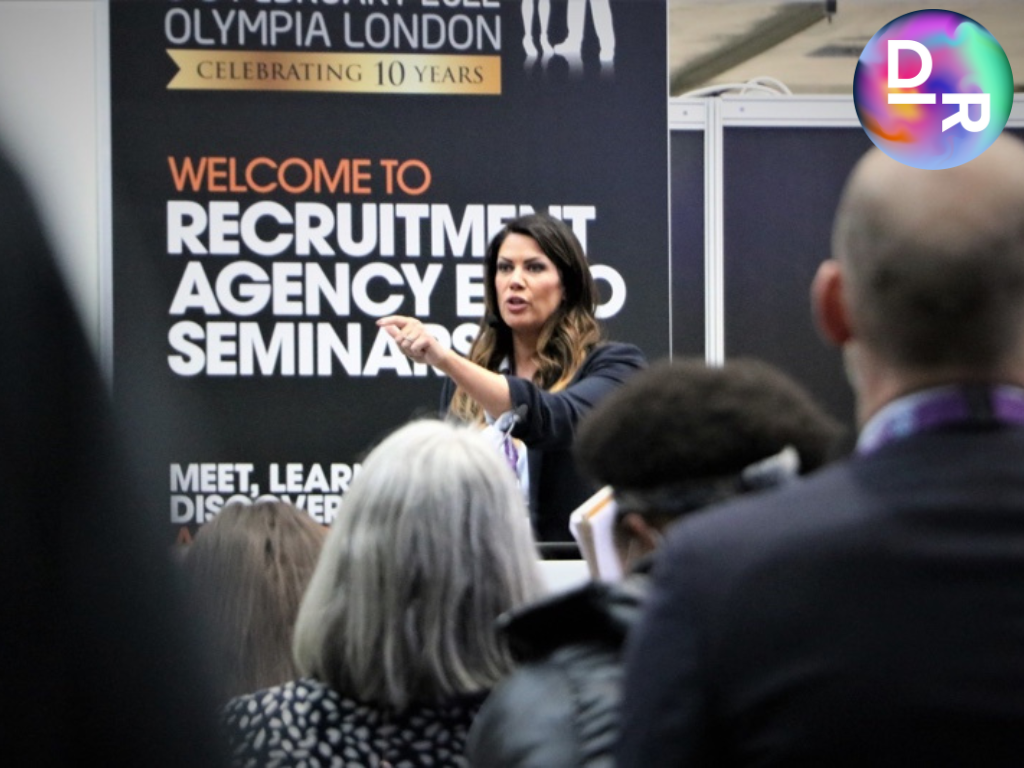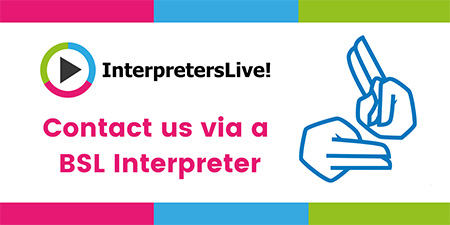Flexible working. Yes, we are still talking about it. And no, it’s not old news.
It’s still one of the most talked-about topics in recruitment because it matters. It matters to millions of people across the UK who are trying to balance their careers with everything else life throws at them. It matters to the people who are so often left out of the talent conversation because their needs don’t fit into outdated models of what work is supposed to look like.
So if you or your client offer flexible or hybrid working, you’ve got a brilliant opportunity to attract brilliant people. But to do that, you need to go beyond a quick mention in a job advert.
Don’t just say “flexible” – explain what it really means. We have to stop assuming that candidates know what we mean when we say flexible working.
-
- Does it mean early starts and early finishes?
- Compressed hours?
- Part-time or job share options?
- Remote-first or remote-when-needed?
- Working school hours?
- Nine-day fortnights?
- Total autonomy over your diary?
“Flexible working” can mean so many things. And if you don’t explain it clearly, you might be missing out on incredible candidates who assume your version of flexible working is just one day a month from home and a 4 PM Friday finish.
Who benefits when you get flexible working right?
When we talk about inclusive hiring and attracting underrepresented candidates, flexible working is a massive piece of the puzzle.
Here are just some of the groups who are more likely to apply when they know your flexibility is real and meaningful:
-
- Parents – 13 million in the UK, including 3 million single parents who are more likely to need adaptable hours and remote options
- Women – many of whom manage around 4.5 hours per day of unpaid care work
- Disabled candidates – representing 22% of the UK population, who may need flexibility for medical appointments, rest breaks, or working environments that suit their needs
- People with chronic illness – a third of middle-aged adults in the UK live with at least one
- Neurodivergent candidates – 1 in 7 people, who may work best in non-traditional patterns or quieter, controlled environments
- Candidates managing mental health challenges – 1 in 4 people will experience a mental health issue each year
- Carers – over 2 million people become unpaid carers each year in the UK
And let’s not forget the people who simply don’t want to subscribe to a 1950s model of working.
People who know that doing their best work does not require sitting at a desk for eight hours straight in a physical office, five days a week.
So, where do job adverts go wrong?
Too often, flexible working is added to a job advert as a throwaway line.
We write things like “flexible working available” or “hybrid model offered” with no explanation. No detail. No story. And no link to anything that tells the candidate what this actually looks and feels like in your organisation.
The result? Candidates make assumptions. And often, they opt out.
They don’t apply because they don’t see their reality reflected in your job advert. They don’t believe you truly support flexible working. Or they’ve been burned before by businesses that promised it but delivered something very different.
If you want more underrepresented candidates to apply, start with clarity and Inclusive hiring starts with your job advert. And your advert should be the window into how your business really works.
If you offer flexible working, say how. Explain what it looks like. Share examples. Include a link to your careers page or your EVP. Better yet, include a short quote or video from a current employee who’s benefited from that policy.
Give people a reason to believe you. Because when someone sees their reality reflected in your way of working, they’re far more likely to believe they’ll belong in your workplace.
Final thoughts
Flexible working isn’t a perk. It’s a game-changer for inclusion, diversity, and access to opportunity.
The more detail you give, the more people you’ll reach. And the more people you reach, the more inclusive, dynamic, and representative your talent pipeline becomes.
So, if you’re offering flexibility, tell people what that really means. Not just because it’s good practice, but because it’s good business.
Want support writing more inclusive job adverts? – I help recruiters, HR teams, and hiring managers create inclusive, accessible, and clear job adverts that attract a wider, more diverse range of candidates. If you’d like help turning your flexible working offer into something more meaningful and compelling, let’s chat.


